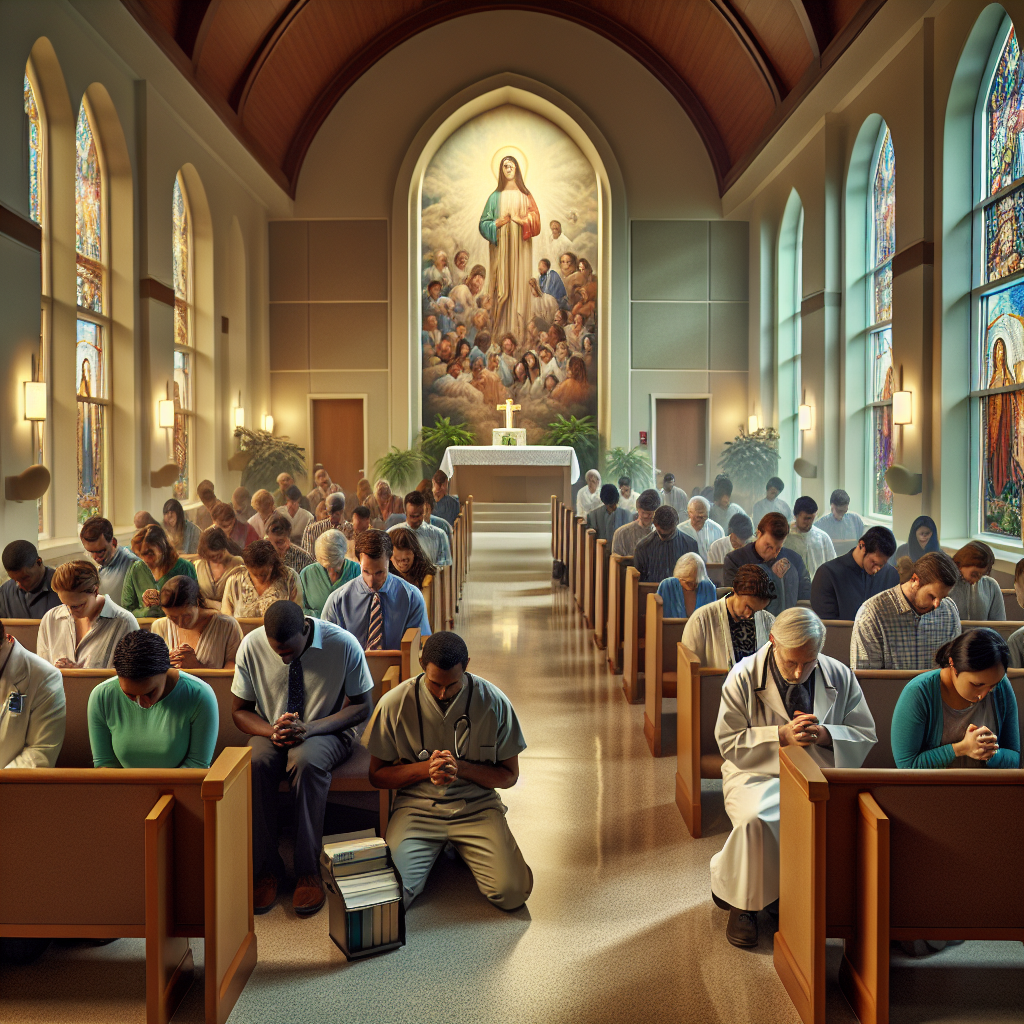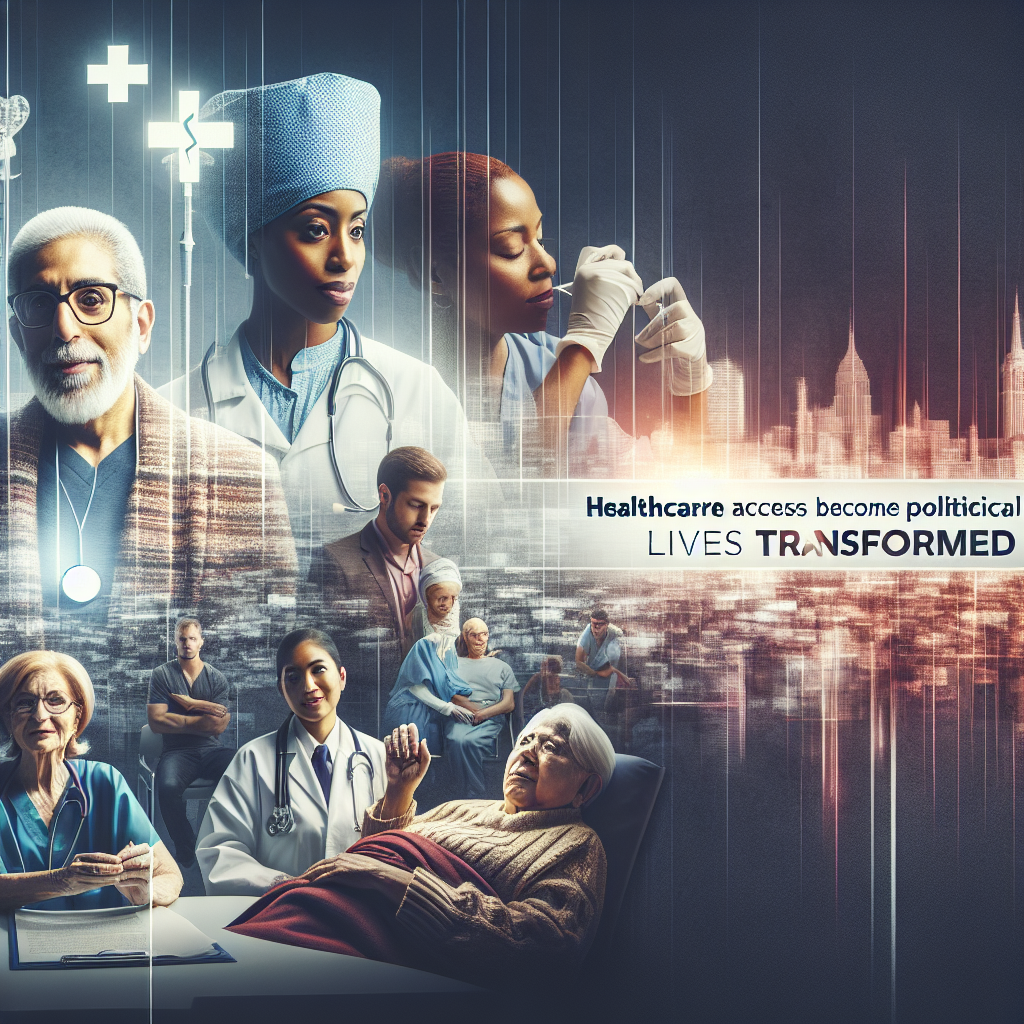Healthcare access becomes political flashpoint: Lives Transformed
The soft hum of prayers whispered within hospital walls paints an intimate portrait of life at the crossroads between health, faith, and politics. Where healthcare accessibility stands as a controversial issue, people’s lives transform in profound ways that extend beyond physical wellbeing to encompass spiritual resilience.
Trend Overview
In recent years, healthcare has become a contentious arena where politics and religion dramatically intersect. The data tells a different story; it narrates tales about individuals grappling with their faith amidst medical crises—tales largely overlooked by mainstream narratives.
Social Context
This matter reaches far beyond party lines or religious affiliations—it is fundamentally about compassion, justice and honoring human dignity. It places under scrutiny deep-rooted social norms that often segregate society along economic fault lines.

Key Influencers
Faith leaders emerge as potent influencers advocating for better healthcare accessibility—even birthing new ministries centered around wellness education and support services. These actions respond to the call for stewardship expressed in many religious texts.
Consumer Response < p > Individuals turn towards spiritual practices for solace while navigating these turbulent times—an interesting underscoring of contemporary society’s relationship with organized religion versus personal spirituality being used as coping mechanisms.< / p >< h4 > Industry Impact < / h4 >< p > From religious organizations offering alternative insurance plans to churches opening health clinics—these changes signal potential shifts in how healthcare might be dispensed in the future.< / p >< h5 > Cultural Significance < / h5 >< p > The issue’s cultural significance cannot be overstated as it forces a reevaluation of what constitutes ‘care’—further blurring lines between spiritual nourishment and physical healing.< / p >< h6 > Future Projections < / h6 >< p > As this trend continues to evolve, the role of faith communities may expand beyond mere advocacy into active participation within the healthcare sector itself.< / p >< div class = "expert-opinion">Expert Opinions< /h7>
‘The intertwining of healthcare, politics and religion highlights selected invisible threads that connect us all,’ observes Dr. Patricia Green, an expert on spirituality and health issues. ‘It’s about time we start paying attention.’
‘The intertwining of healthcare, politics and religion highlights selected invisible threads that connect us all,’ observes Dr. Patricia Green, an expert on spirituality and health issues. ‘It’s about time we start paying attention.’
The personal experiences shared by individuals caught within these intersections present an emotional backdrop against which this societal discussion unfolds.
To effect changes at grassroots levels, people can lobby for policies that ensure better accessibility or actively support religious initiatives aimed at bridging these gaps.


